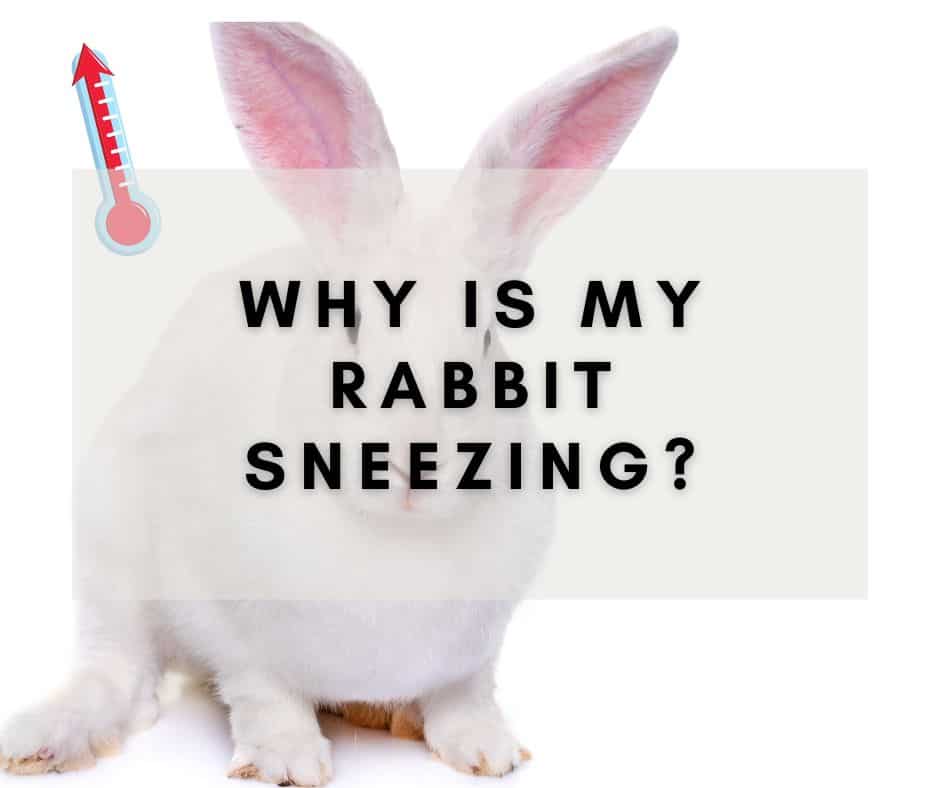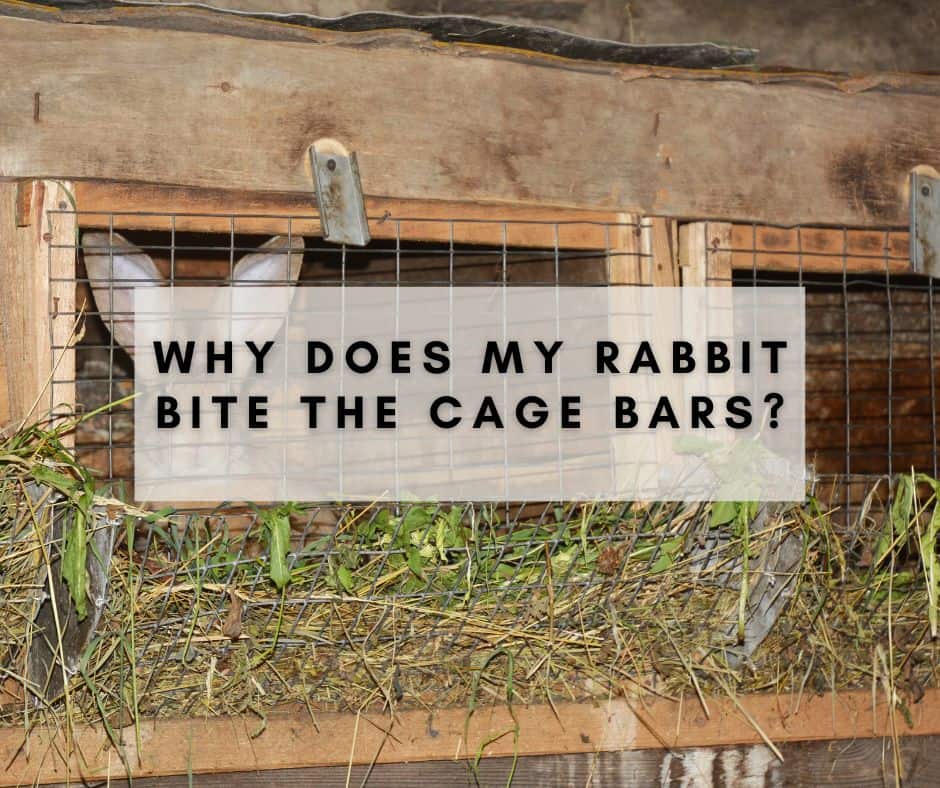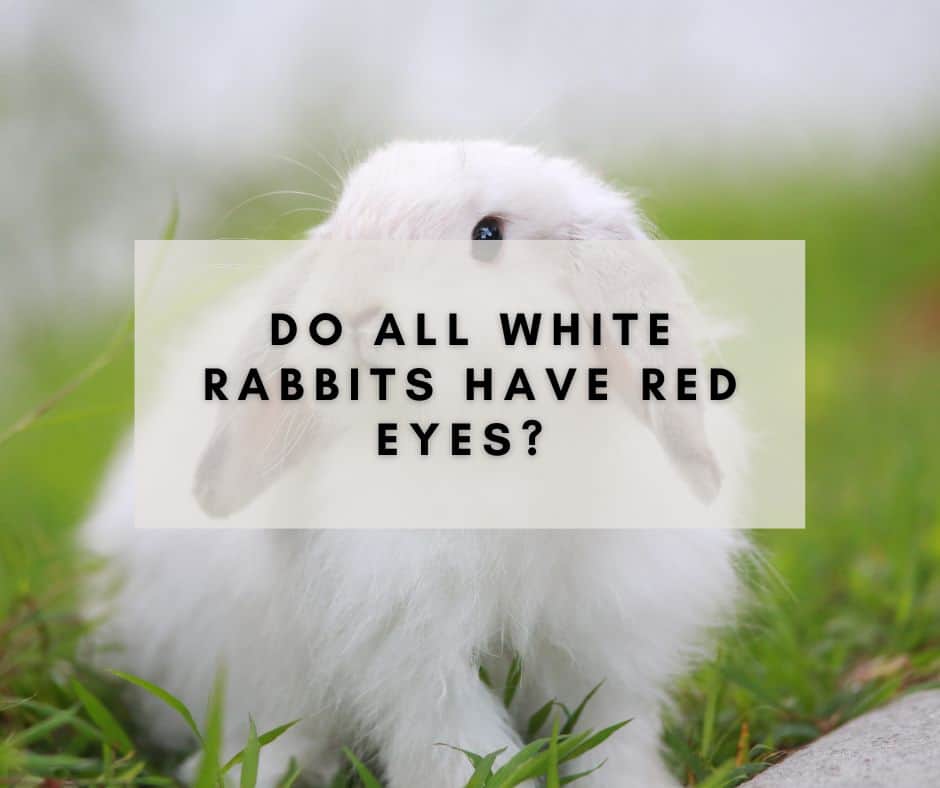If you are a rabbit owner, you may have noticed your furry friend sneezing. While occasional sneezing is normal for rabbits, excessive sneezing can be a sign of a health problem. Sneezing is a common symptom of respiratory infections in rabbits, and it is important to take action if you notice your rabbit sneezing frequently.
There are several reasons why your rabbit may be sneezing. External objects, such as dust or smoke, can irritate a rabbit’s nasal passage and cause sneezing. Internal infections or a build-up of mucus in the nasal passage can also lead to sneezing.
In some cases, allergies or exposure to air pollution can cause a rabbit to sneeze. If your rabbit is sneezing frequently, it is important to consult with a veterinarian to determine the underlying cause and appropriate treatment.
Contents
Causes of Sneezing in Rabbits
Rabbits are known to sneeze occasionally, which is a normal part of their respiratory system. However, if your bunny is sneezing frequently or has other symptoms like runny eyes, nasal discharge, or dry sneezes, it may indicate an underlying health issue. Here are some of the most common causes of sneezing in rabbits:
Allergies
Just like humans, rabbits can develop allergies to various substances in their environment, including dust, smoke, perfume, and other allergens. Allergic reactions can cause your bunny to sneeze, have runny eyes, or experience other respiratory symptoms. Food allergies can also trigger sneezing and other digestive issues in rabbits.
Irritants
Rabbit noses are pretty delicate and sensitive, and even small irritants can cause sneezing fits. Dust particles, hay, bedding, and other substrate materials can irritate your bunny’s respiratory system and trigger sneezing. Strong smells like perfumes, scented candles, and cleaning products can also be irritating to rabbits and cause them to sneeze.
Infections
If your bunny has a respiratory infection like snuffles, it can cause sneezing, nasal discharge, and other symptoms. Snuffles is a bacterial infection that affects the sinuses and can be caused by Pasteurella multocida. Upper respiratory infections and pneumonia can also cause sneezing and other respiratory symptoms in rabbits.
Dental Problems
Rabbits with dental problems like overgrown teeth or liver problems can develop sneezing and other respiratory symptoms. Dental issues can cause mucus discharge and rhinitis, which can lead to sneezing and other respiratory problems. Stress can also exacerbate dental problems in rabbits, leading to sneezing and other symptoms.
Symptoms of Sneezing in Rabbits
Rabbits, like any other animal, can experience sneezing. Sneezing is a natural and common phenomenon that can occur due to various reasons. However, if your rabbit is sneezing frequently, it may be an indication of an underlying health issue. In this section, we will discuss some of the common symptoms of sneezing in rabbits.
Nasal Discharge
One of the most common symptoms of sneezing in rabbits is nasal discharge. If your rabbit is sneezing and has a runny nose, it could be a sign of a respiratory infection. The discharge may be clear, white, or yellowish. If the discharge is thick and yellowish, it may indicate a bacterial infection.
Watery Eyes
Another symptom of sneezing in rabbits is watery eyes. If your rabbit has watery eyes and is sneezing, it may indicate an upper respiratory infection. The eyes may appear red and swollen, and there may be a discharge from the eyes. In some cases, the discharge may be thick and white, indicating a bacterial infection.
Lethargy
If your rabbit is sneezing and is also lethargic, it may indicate a more serious health issue. Lethargy is a common symptom of respiratory infections, and it may indicate that your rabbit is struggling to breathe. If your rabbit is also refusing to eat or drink, it may be a sign of a severe respiratory infection.
If your rabbit is experiencing any of these symptoms, it is essential to take them to a veterinarian as soon as possible. The veterinarian will be able to diagnose the underlying condition and provide the appropriate treatment.
Treatment for Sneezing in Rabbits
When a pet rabbit starts sneezing, it is important to take action quickly to prevent the condition from worsening. There are several treatment options available for sneezing in rabbits that can help alleviate the symptoms and improve their overall health.
Veterinary Care
If your pet rabbit is sneezing frequently, it is recommended to take them to a veterinarian for a checkup. A veterinarian can perform a physical examination to determine the underlying cause of the sneezing and recommend a course of treatment. Some common treatments may include:
- Antibiotics – If the sneezing is caused by a bacterial infection, antibiotics may be prescribed to help clear up the infection.
- Nebulization – This treatment involves delivering medication directly to the respiratory system through a nebulizer. It can help reduce inflammation and improve breathing.
- Surgery – In some cases, surgery may be necessary to remove obstructions or growths that are causing the sneezing.
Home Remedies
Several home remedies can help alleviate sneezing in rabbits. However, it is important to consult with a veterinarian before trying any of these remedies to ensure they are safe and effective for your pet. Some common home remedies may include:
- Change the bunny’s bedding regularly to prevent ammonia build-up from soiled bedding.
- Provide a balanced and varied diet with plenty of hay to keep them healthy and reduce the chances of developing pathologies.
- Use a humidifier in the room where the rabbit spends most of their time to help keep their respiratory system moist and reduce irritation.
- Administering liquid medication with a syringe behind the front teeth or asking for meds in pill form if it’s hard to administer liquid meds (should only be done by veterinarians’ recommendation!)
Overall, it is important to take sneezing in rabbits seriously and seek veterinary care if necessary. With the right treatment, most rabbits will recover quickly and be back to their happy, healthy selves in no time.
Prevention of Sneezing in Rabbits
Environmental Factors
Keeping a clean environment is essential to prevent sneezing in rabbits. Rabbits are sensitive to strong scents, air fresheners, and chemical fumes. It is important to keep the area well-ventilated and avoid using products that contain strong fragrances. Additionally, rabbits can be affected by air pollution, so it is important to keep them away from areas with high levels of pollution.
Rabbits also tend to dig and shred paper, which can cause dust and debris to accumulate in their living space. Regular cleaning and removal of debris can help prevent sneezing. Additionally, it is important to keep the rabbit’s living space dry and avoid high humidity levels, which can lead to respiratory issues.
Dietary Factors
Rabbits require a balanced and varied diet, with plenty of hay. However, hay with large amounts of dust can irritate a rabbit’s respiratory system and lead to sneezing. It is important to choose hay with low dust content and avoid using pine or cedar shavings for bedding, as these can also cause respiratory issues.
Overgrown teeth can also cause sneezing in rabbits. Providing the rabbit with toys to chew on can help keep their teeth healthy and prevent overgrowth. Additionally, sinusitis can lead to sneezing in rabbits, so it is important to monitor for any signs of infection and seek veterinary care if necessary.
Finally, it is important to keep the rabbit’s living space free from insects such as wasps, bees, and flies, which can cause irritation and sneezing.
FAQ
Here are some frequently asked questions about rabbits and sneezing:
Why is my rabbit sneezing?
There are several reasons why your rabbit may be sneezing. It could be due to an external irritant, such as dust or pollen, or an internal issue, such as an infection or dental problems. It’s important to observe your rabbit’s behavior and other symptoms to determine the cause of the sneezing.
Is it normal for rabbits to sneeze?
Occasional sneezing is normal for rabbits, just like it is for humans. However, if your rabbit is sneezing frequently or has other symptoms such as discharge from the nose or eyes, lethargy, or loss of appetite, it could be a sign of a more serious issue and you should consult with a veterinarian.
What should I do if my rabbit is sneezing?
If your rabbit is sneezing frequently or has other symptoms, you should consult with a veterinarian. They can help determine the cause of the sneezing and provide appropriate treatment. In the meantime, you can try to minimize potential irritants in your rabbit’s environment, such as dust or strong fragrances.
Can rabbits catch colds from humans?
While rabbits can catch certain infections and illnesses, they cannot catch a cold from humans. However, it’s still important to practice good hygiene when handling your rabbit to prevent the spread of any potential infections.
Can allergies cause a rabbit to sneeze?
Yes, just like humans, rabbits can have allergies that cause them to sneeze. Common allergens for rabbits include dust, pollen, and certain types of hay. If you suspect your rabbit has allergies, consult with a veterinarian for appropriate treatment.
Conclusion
Overall, sneezing in rabbits can be caused by a variety of factors, including respiratory infections, allergies, irritants, and stress. It is important to monitor your rabbit’s sneezing and observe any other symptoms they may be exhibiting. If your rabbit is exhibiting discharge from their nose or eyes, or if their sneezing is accompanied by other respiratory symptoms, it is important to seek veterinary care.
Prevention is key when it comes to reducing the risk of respiratory infections in rabbits. Keeping their living space clean and free of irritants, such as dust and smoke, can help reduce the risk of respiratory issues. Additionally, providing your rabbit with a healthy diet and reducing stress in their environment can help boost their immune system and reduce the risk of infections.
If you notice your rabbit sneezing frequently or exhibiting other concerning symptoms, it is important to seek veterinary care as soon as possible. With proper care and attention, many respiratory issues in rabbits can be effectively treated and managed.




